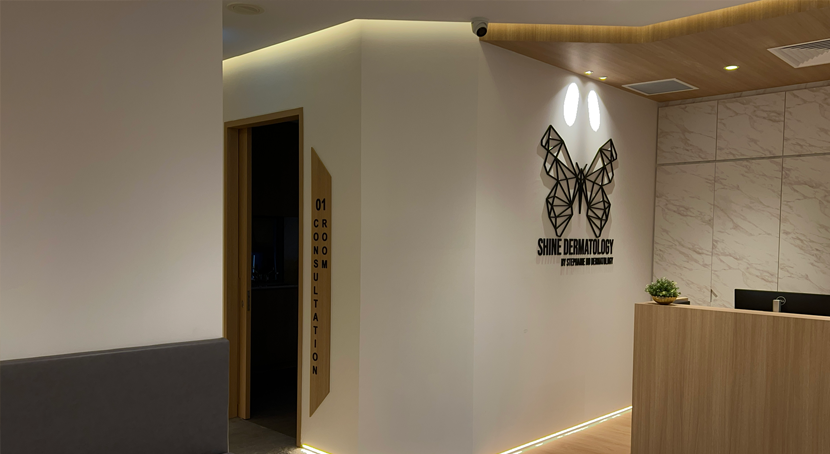What Is Urticaria?
Urticaria occurs when the skin reacts to certain triggers, releasing histamine and other chemicals that cause blood vessels to leak, resulting in swelling and redness. Hives can vary in size and shape, often appearing in clusters and moving from one area to another. In some cases, deeper swelling—called angioedema—can occur around the eyes, lips, or throat, requiring urgent attention.
Common Causes of Hives
Hives can be triggered by a wide range of factors, including:
-
Allergens such as certain foods, medications, insect bites, or pollen
-
Infections, especially viral illnesses
-
Physical stimuli such as heat, cold, pressure, or sunlight
-
Stress and emotional triggers
-
Autoimmune reactions, where the body mistakenly attacks its own tissues
-
Unknown causes (idiopathic), especially in chronic cases
Types of Urticaria
-
Acute Urticaria
Lasts less than six weeks and is usually linked to allergies, infections, or identifiable triggers. -
Chronic Urticaria
Persists beyond six weeks and may occur daily or intermittently without a clear cause. -
Physical Urticaria
Triggered by physical factors like pressure, vibration, cold, or exercise.
Diagnosis and Evaluation
Accurate diagnosis is key to effective management. At Shine Dermatology, your dermatologist will take a detailed medical history and perform a skin examination. If necessary, further investigations may include:
-
Skin prick tests to detect environmental or food allergies
-
Patch testing to evaluate contact allergens
-
Blood tests to assess for autoimmune or systemic causes
Treatment Options for Urticaria
Our goal is to relieve symptoms, minimise recurrence, and improve your overall quality of life. Your personalised treatment plan may include:
1. Oral Antihistamines
These are the first-line treatment to control itching and inflammation. They are effective for both acute and chronic hives and are usually taken daily during flare-ups.
2. Short-Term Oral Corticosteroids
Used for severe or widespread rashes, corticosteroids provide rapid relief by reducing inflammation. They are prescribed for a limited duration to avoid side effects.
3. Biologic Therapy
For chronic urticaria unresponsive to conventional treatment, biologics such as omalizumab may be considered. These target specific immune pathways to reduce flare-ups.
4. Advanced Allergy Testing
Identifying triggers is essential. We offer comprehensive allergy assessments to guide lifestyle modifications and avoidance strategies.
5. Lifestyle and Skincare Advice
We provide personalised recommendations on gentle skincare, stress reduction, and environmental precautions to reduce the risk of recurrence.
6. Cold Compress Therapy
For milder cases, applying a cool compress can provide temporary relief by reducing swelling and calming the skin.
When to See a Dermatologist
Consult a dermatologist if you experience:
-
Hives that last more than a few days or recur frequently
-
No relief from over-the-counter antihistamines
-
Swelling of the lips, eyes, or throat (possible angioedema)
-
Difficulty sleeping, working, or performing daily activities due to itching
-
A desire for long-term, preventive care instead of short-term relief
Frequently Asked Questions (FAQs)
Are hives caused by allergies?
Yes. Common allergens include foods (e.g. nuts, shellfish), medications, insect stings, and environmental factors like pollen.
Can chronic hives be serious?
While not life-threatening, chronic urticaria can significantly affect quality of life. Swelling of the throat or difficulty breathing requires immediate medical attention.
Will my hives go away on their own?
Acute hives may resolve without treatment. Chronic or recurrent hives often need medical evaluation and ongoing care.
Is stress a trigger for urticaria?
Yes. Stress and emotional factors can trigger or worsen hives in some individuals.
What happens if antihistamines don’t work?
If standard antihistamines are ineffective, we may prescribe stronger medications, immunosuppressants, or biologics to better control your condition.
If you are struggling with hives that keep returning or are affecting your daily life, Shine Dermatology is here to help.Book an appointment today.



